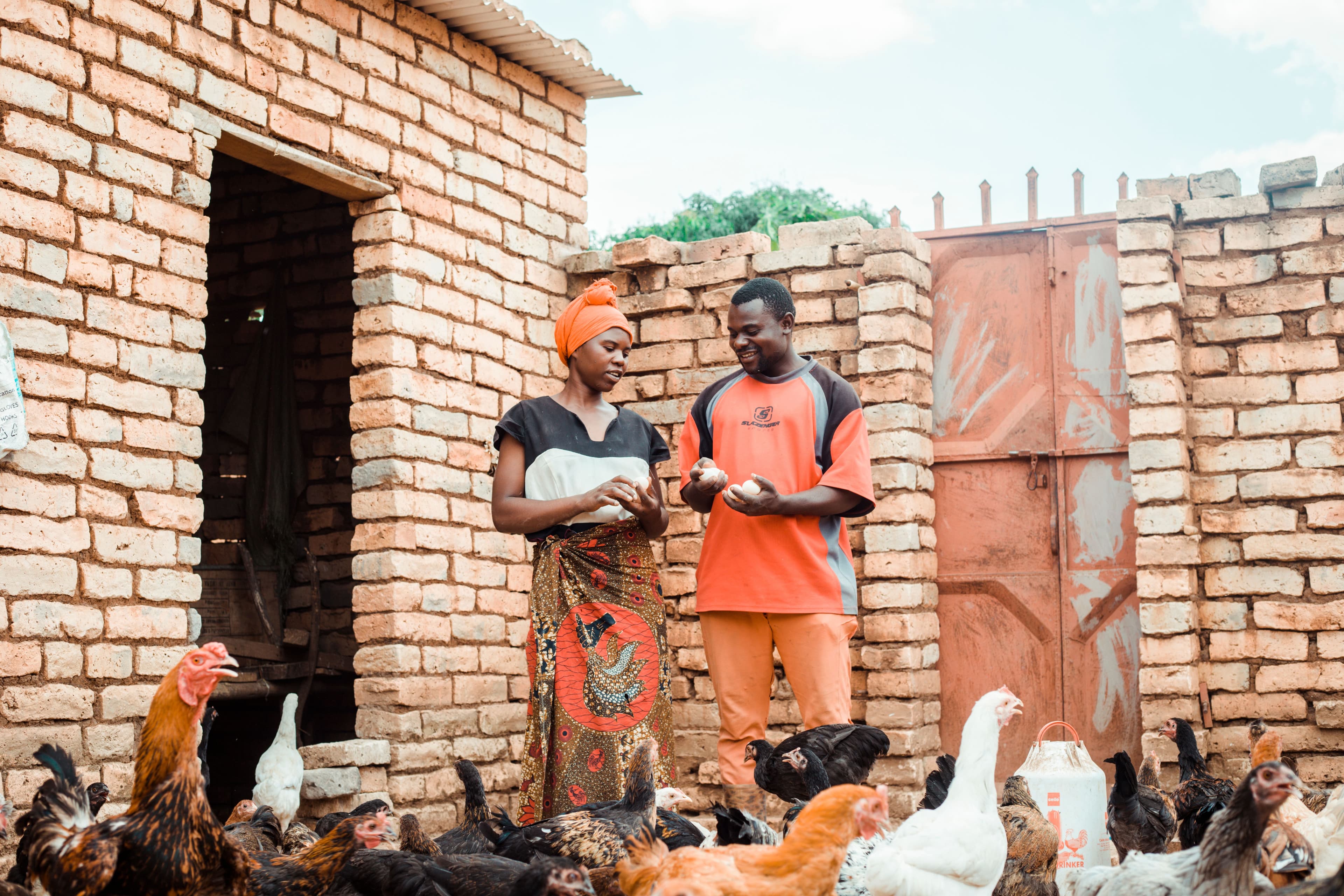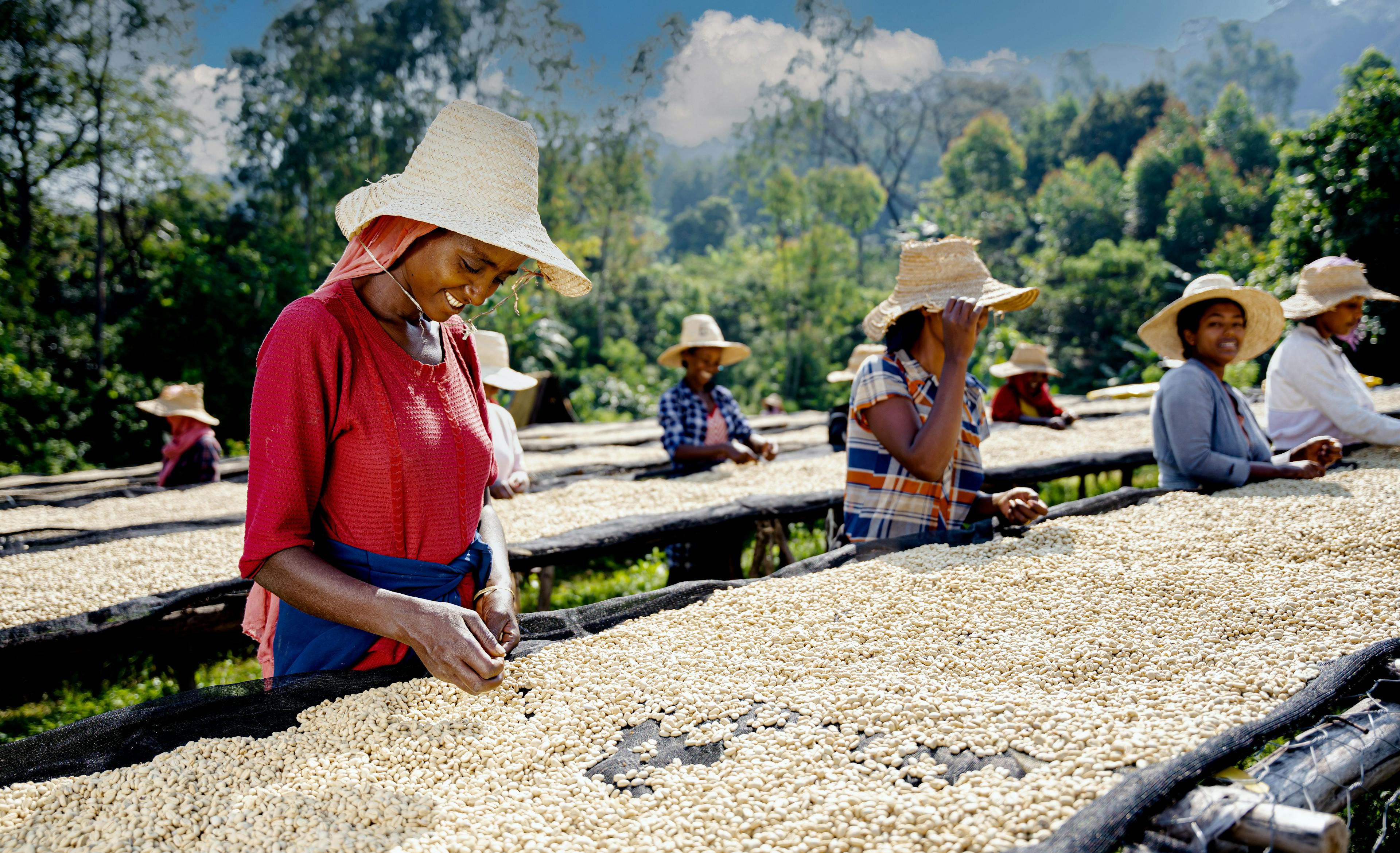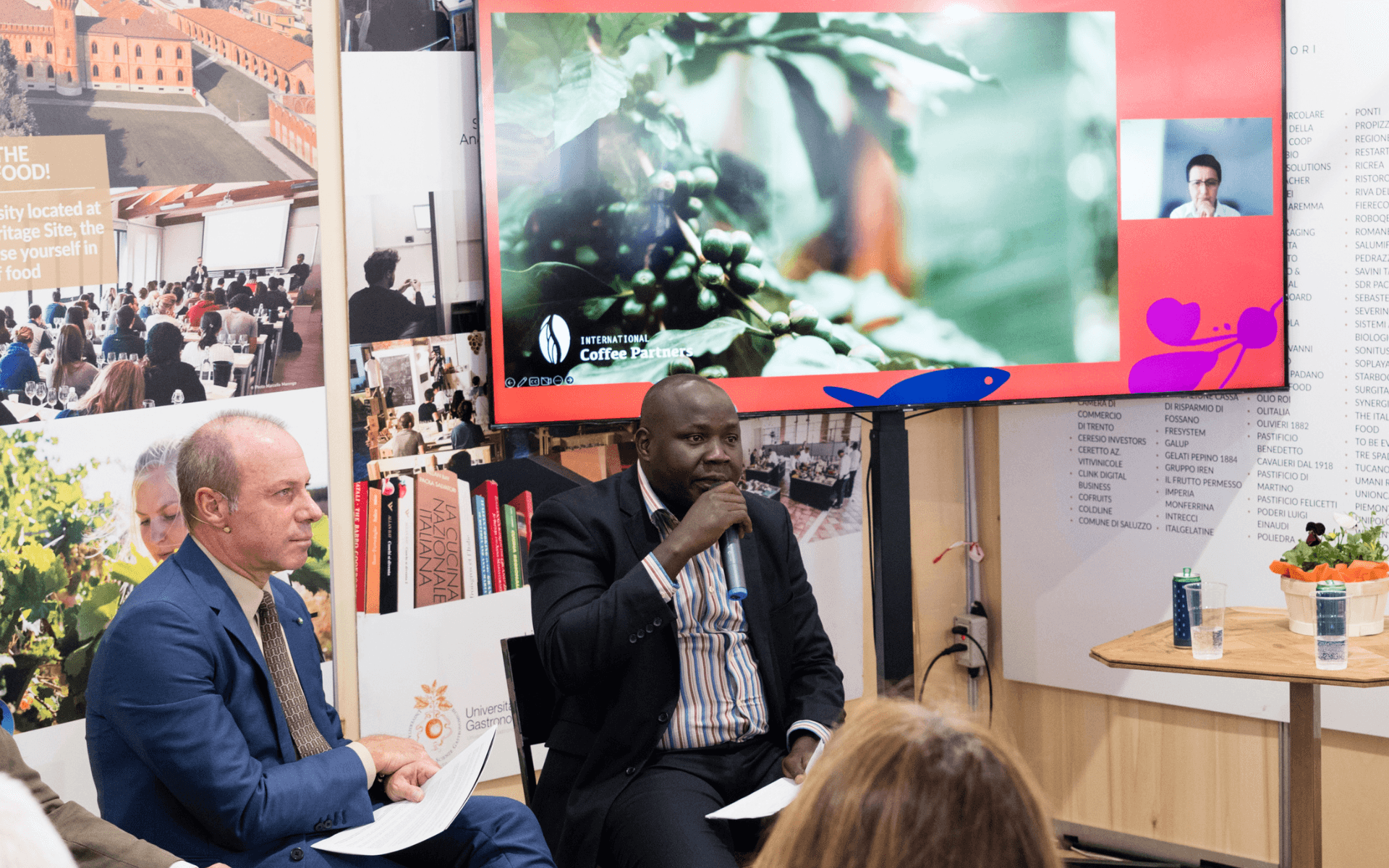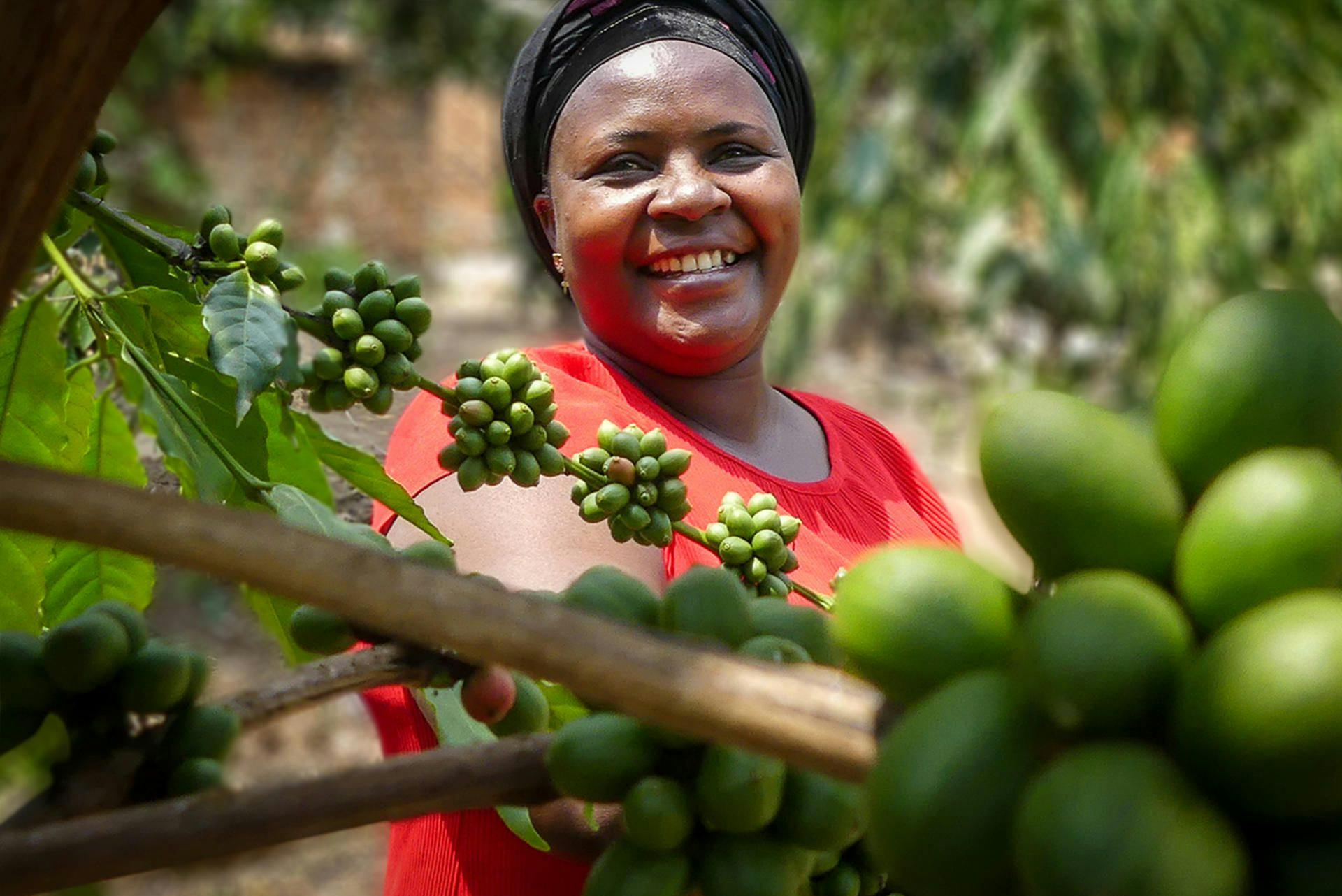
Coffee Production with a Woman’s Touch
Mariana Solis remembers her younger days with a retrospective disbelief. Even between her and her daughter’s generation, the role of women in coffee production in the community of El Tunel, El Salvador has changed drastically. Yet it wasn’t until the wives and daughters of the ACPROA cooperative members got together to form a women’s committee that the real change began. In 2010, in an effort to encourage women’s participation in the coffee industry, the PROTCAFES Project, co-funded by International Coffee Partners and implemented by Hanns R. Neumann Stiftung (HRNS), invited the women of various cooperatives in the La Palma area to visit a coffee cooperative in Guatemala made up of only women.
"Before, we women suffered a lot of machismo. Only the men could work. We couldn’t even leave the house. They would scold us for going out with the others to cut coffee."
Their intentions worked, and soon after, the wives and daughters of ACPROA members created their own women’s committee. “We said to ourselves, ‘Why can’t we do that?’” says Mariana, “Thankfully, we’ve seen that, yes, we can do it. Having something new in our community that never existed before has motivated us.” A year after forming the women’s committee, every woman on the committee had also become a member of the cooperative, not just participants through their husbands’ memberships. From Mariana’s generation of women who weren’t allowed to leave the house, to her daughter’s generation, who only helped with the coffee harvest, there has been a consistent forward movement for women in El Tunel. Only today, however, are they finally catching up, and even surpassing, the involvement of the men. One of their biggest projects to date as a women’s committee is the creation of their own cafe. Cafe Aroma de La Palma is the first cafe in the community of El Tunel and has quickly proved to be a success. From people passing through the area to regulars from the community, the cafe’s customers are numerous and frequent. Not only does the cafe serve snacks, desserts, and drinks, but the coffee they offer is the women’s committee’s own brand, El Tunel Café Especial con Toque de Mujer (with a Woman’s Touch). The brand contains coffee produced on their own farms, processed, roasted, and packaged by their own hands, and prepared and served with the barista skills they’ve learned through the project.
Five members of the ACPROA Women’s Committee in El Tunel, El Salvador. From left to right: Amalia Carolina Solis, Brenda Lisette Lemus, Rosa Elida Flores, Mariana Lialane Mutu Solis, Blanca Isabel Signos

Through the PROTCAFES project, the women have received numerous trainings on production processes, increasing their knowledge of the industry, and therefore their involvement. “We’ve seen that, as women, we can contribute a lot,” says Amalia, Mariana’s daughter, who at thirty years old is the president of the women’s committee, “We’ve had a lot of support, and that helps us and pushes us to grow bit by bit in our knowledge and also in ourselves as individuals.”
“Growing up, I only saw the parts of planting and harvesting the coffee,” says 20-year-old committee member Brenda Lemus, “But I never knew about the next process which is roasting it, packaging it – I didn’t know anything about that until I came to the committee and they started doing it.”
Without a doubt, the creation of the ACPROA Women’s Committee has transformed the role of women in this small coffee producing community. Blanca Isabel, another young coffee farmer, has found new interests and skills through her work with the committee. “The women’s committee has created employment and [given us the opportunity] to learn. From the beginning, I was interested in roasting coffee, but there was never an opportunity [to learn]. Now there is. I have a daughter who is eight years old, and I want to teach her.”
With the support and opportunities created for this generation of women, the future looks bright for young girls in El Tunel. A fact that got proven by an external evaluation of the Sustainable Markets Intelligence Center (CIMS) in 2018. It showed that the desire of children to continue farming has been supported by the ICP co-funded project: “Trifinio countries reveal the most positive influence in El Salvador with 98%”, says Tobias Voigt, M&E coordinator from HRNS. Amalia Solis matches this result: “My hope for the future is that we grow more. In our case, with our business of the cafe, so that everyone has more opportunities to keep going forward. ”Her mother, the oldest member of the women’s committee, is content to see changes and new opportunities for her daughter’s generation that didn’t exist for her at that age.
“That was the idea – to become involved. And we’ve had a lot of opportunities,” she says, “But it has to start in the home. For example, with the husbands giving the women permission to go. Before, they thought it was a waste of time, and now they don’t think that about us women being here. The men can’t say that we don’t know anything anymore because now we do know. Now they accept that we are equal.”




